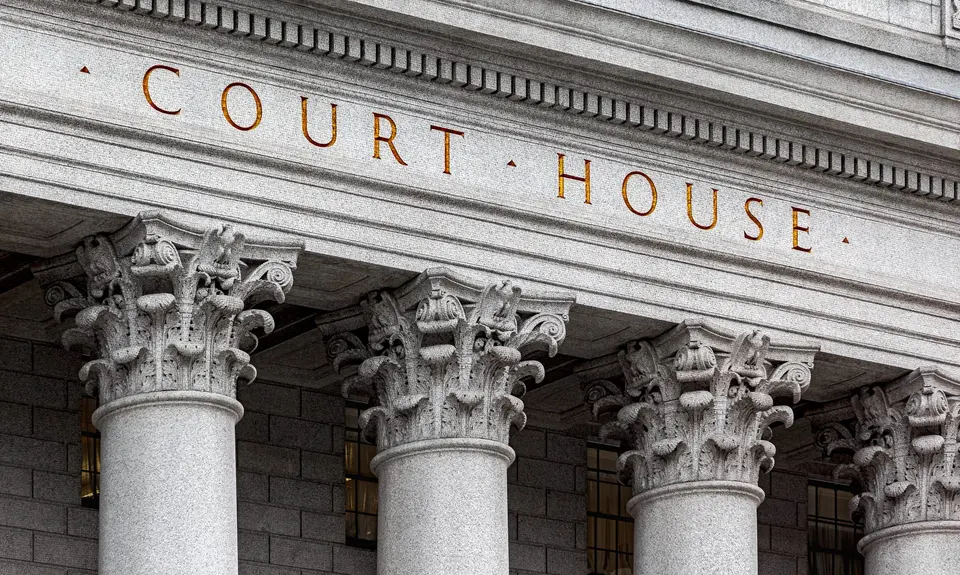“Confirmed Judges, Confirmed Fears” is a blog series documenting the harmful impact of President Trump’s judges on Americans’ rights and liberties. Cases in the series can be found by issue and by judge at this link.
Trump Eleventh Circuit Judges Britt Grant and Barbara Lagoa reversed a district court and struck down two local laws in Florida that ban licensed counselors from subjecting LGBTQ youth to harmful “conversion therapy,” contrary to the rulings of two other federal courts of appeal. The November 2020 case is Otto v. City of Boca Raton.
Twenty states and over 80 municipalities, including more than 20 in Florida, have enacted laws that ban licensed counselors or therapists from attempting to change a minor’s sexual orientation or gender identity through so-called “conversion therapy.” There is a “mountain of evidence” that such alleged treatment “substantially increases young people’s risk of depression or suicide,” and most professional organizations, ranging from the American Psychological Association (APA) to the US Department of Health and Human Services, have opposed such practices.
Two South Florida therapists filed a federal suit challenging the bans enacted by Palm Beach County and the city of Boca Raton. After a full day of hearings, a district court denied a preliminary injunction against the bans and the plaintiffs appealed to the 11th Circuit.
In a 2-1 decision written by Trump judge Britt Grant and joined by Trump judge Barbara Lagoa, the court of appeals reversed the district court and ordered it to enjoin the ordinances’ enforcement. Grant maintained that because the so-called therapy is “speech-based,” it is a regulation of the content of speech subject to the First Amendment and can be valid only if it is “narrowly tailored to serve compelling state interests.” Although Grant agreed that there was a “compelling’ interest in “safeguarding the physical and psychological well-being” of minors, she claimed that the ordinances were not “necessary” and “narrowly tailored” to achieve that end. This was because, Grant argued, the numerous “reports and studies” relied upon to support the ban “offer assertions rather than evidence,” do not include “rigorous recent research” and empirical studies, and simply reflect “majority preference” among professional associations.
Judge Beverly Martin strongly dissented. Martin explained that, even assuming the “compelling state interest” test applied in this case, the “mountain of rigorous evidence” supported the ban, including peer-reviewed studies and more. With respect to “regulation of allegedly harmful medical practices,” she also noted, the “judgment of professional organizations” like the APA was “quite relevant” and should not be dismissed as “majority preference.” Grant’s insistence on additional “recent” research, Martin pointed out, “ignores the harm” that studies that test conversion therapy would have on ”vulnerable minors” subjected to it and, as the APA concluded, is “not ethically permissible.”
Grant’ s opinion raises other serious concerns. By suggesting that any regulation of medical practice that consists “of words” is subject to strict First Amendment scrutiny, the ruling could allow doctors and others to question a whole range of clearly permissible efforts to police professional misconduct. For example, as Mark Joseph Stern wrote, it could mean that a doctor could resist professional discipline even though he “gave wildly irresponsible advice to a patient,” such as “telling a breast cancer patient to forgo chemotherapy” for a quack treatment instead.
As Judge Martin concluded, the “abstract legal test” in this case does not require an “infliction of real world harm on children,” and “the evidence before us” is clearly “enough” to warrant the ban. Two other federal courts of appeals have agreed. In Florida and the rest of the 11th Circuit, however, government will not be able to take action to protect LGBTQ youth from harmful “conversion therapy.”
